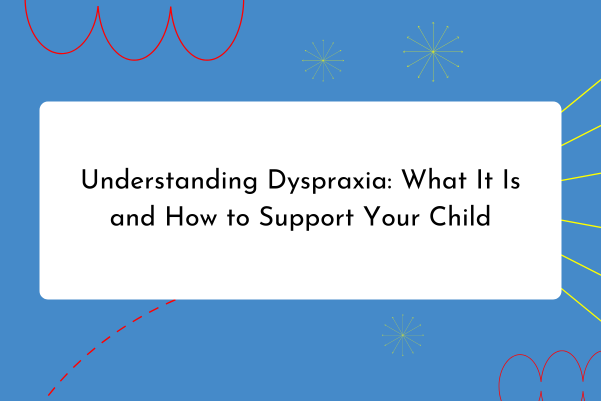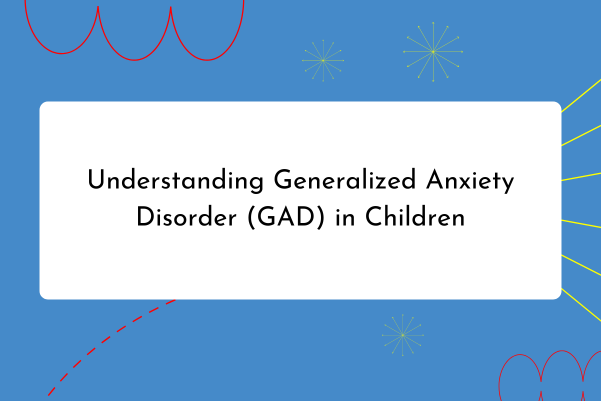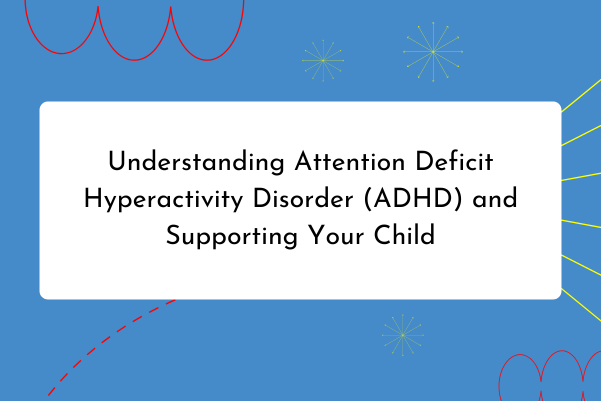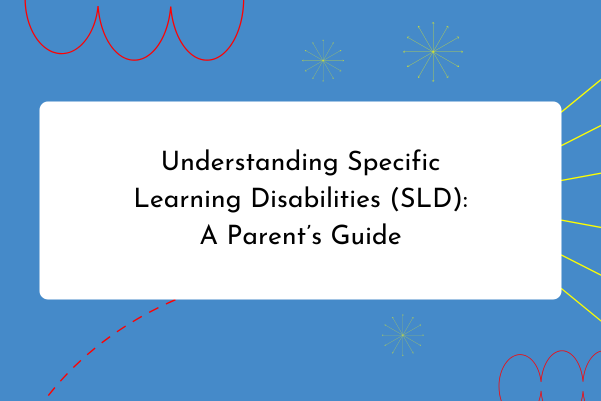Understanding Dyscalculia: A Parents Guide To Supporting Your Child
Dyscalculia is a learning disorder that affects a person’s ability to understand and work with numbers. Often referred to as “math dyslexia,” it can make everyday math tasks, from simple calculations to complex problem-solving, challenging for those affected. If your child has been diagnosed with dyscalculia, you may be wondering how to best support them. This guide will help you understand dyscalculia and offer practical tips to assist your child in navigating their learning journey.
What is Dyscalculia?
Dyscalculia is a specific learning disability that impacts an individual’s ability to process numerical information and perform mathematical operations. It is not due to a lack of intelligence or effort but rather a difficulty in interpreting and working with numerical concepts. Children with dyscalculia might struggle with tasks such as:
- Understanding Basic Math Concepts: Difficulty grasping fundamental ideas like addition, subtraction, multiplication, and division.
- Memorizing Math Facts: Challenges in recalling math facts or times tables.
- Applying Mathematical Procedures: Trouble following and applying mathematical procedures or solving problems.
- Visualizing Quantities: Difficulty visualizing numbers and quantities, such as estimating sizes or amounts.
- Managing Time and Money: Struggles with tasks involving time, money, or measurements.
Signs of Dyscalculia
Recognizing dyscalculia involves observing your child’s difficulties with math-related tasks and comparing them to typical developmental milestones. Some signs may include:
- Struggles with Basic Math: Difficulty performing even simple calculations and understanding number concepts.
- Difficulty with Word Problems: Challenges in understanding and solving word problems.
- Issues with Spatial Awareness: Problems with visual-spatial skills, such as arranging numbers or understanding shapes.
- Frustration with Math Tasks: Frequent frustration or anxiety related to math activities and assignments.
How Parents Can Support Their Child with Dyscalculia
- Seek a Professional Assessment
A comprehensive evaluation by a psychologist or educational specialist is essential for diagnosing dyscalculia. They can provide insights into your child’s specific difficulties and recommend appropriate interventions and strategies. - Create a Positive Learning Environment
Foster a supportive and stress-free environment for learning math. Avoid putting undue pressure on your child and encourage a positive attitude towards math by emphasizing progress and effort rather than perfection. - Use Visual and Hands-On Tools
Visual aids and hands-on tools can help your child understand mathematical concepts. Use manipulatives like blocks, number lines, and visual diagrams to illustrate math problems and processes. - Break Tasks into Smaller Steps
Simplify math tasks by breaking them down into smaller, manageable steps. Provide clear instructions and support as your child works through each step, gradually increasing complexity as they gain confidence. - Incorporate Real-Life Math Activities
Integrate math into everyday activities to make it more relevant and engaging. Involve your child in cooking, shopping, or budgeting to practice math skills in practical situations. - Use Educational Software and Apps
There are numerous educational software and apps designed to support children with dyscalculia. These tools often use interactive and engaging methods to teach math concepts and provide additional practice. - Encourage Regular Practice
Consistent practice is key to improving math skills. Set aside regular time for math practice and use a variety of activities to reinforce concepts and skills. - Provide Positive Reinforcement
Celebrate your child’s achievements and progress, no matter how small. Positive reinforcement can boost their confidence and motivation to continue working on their math skills. - Work with Educators
Collaborate with your child’s teachers to ensure they are receiving appropriate support in the classroom. An Individualized Education Plan (IEP) or a 504 Plan may be beneficial in providing accommodations and modifications tailored to your child’s needs. - Promote a Growth Mindset
Encourage a growth mindset by reinforcing that abilities can improve with effort and practice. Help your child understand that making mistakes is a part of the learning process and an opportunity for growth.
Final Thoughts
Dyscalculia can present unique challenges, but with the right support and understanding, your child can develop effective strategies to manage their difficulties and succeed in math. By creating a supportive learning environment, using practical tools, and working closely with educators, you can help your child navigate their learning journey with confidence and resilience. Remember, every child learns at their own pace, and celebrating their progress along the way can make a significant difference.






